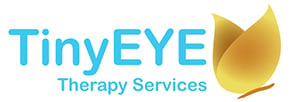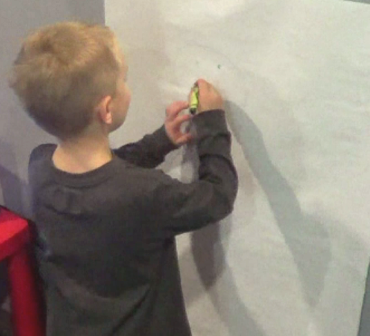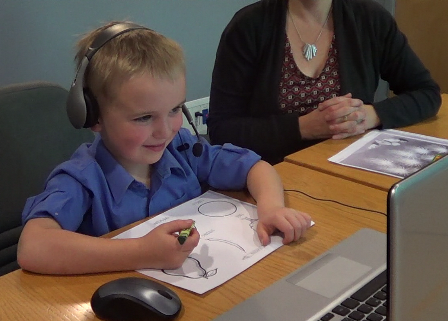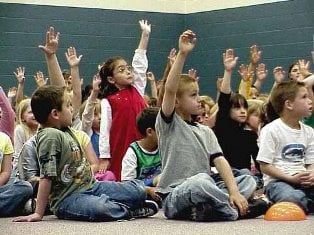There has been a lot of talk about “preparing our students for the future they are going into, rather than the world that we came from.” What does that mean, exactly?
"Today's students think and process information fundamentally differently from their predecessors. It's very serious, because the single biggest problem facing education today is that our Digital Immigrant instructors are struggling to teach a population that speaks an entirely new language." - Marc Prensky, Educational Author
The advent of technology has created two categories of people: those who grew up with digital technology and those who did not. Those who were introduced to technology later in life are called ‘digital immigrants’. Those who grew up with digital technology are referred to as ‘digital natives’.
There have been many studies conducted on the manner in which digital natives learn. We are now teaching the first generation of students to grow up entirely as digital natives; students who think about and process information in an entirely different way than we, as digital immigrants do.
Blackboard Inc. describes why “the classroom isn’t enough” for digital natives in this video:






